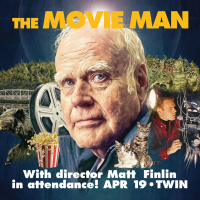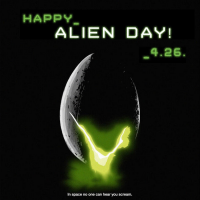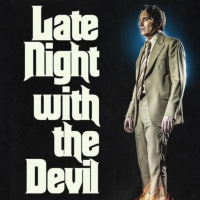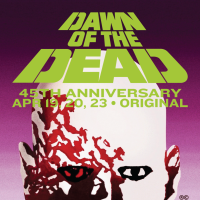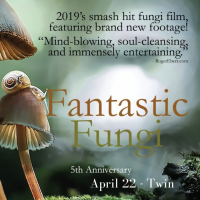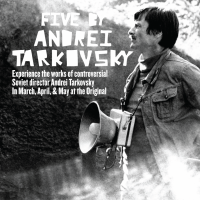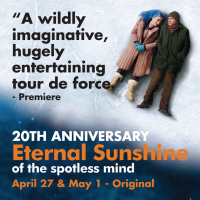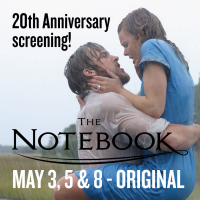Michael Grandage's 'Genius' is a deeply romantic film, albeit the kind one rarely sees on screen: a romance of the written word. Centering on the relationship between Thomas Wolfe (Jude Law), one of America's greatest writers, and his famous literary editor, Maxwell Perkins (Colin Firth), the film recognizes the publication of Wolfe's masterpieces, Look Homeward, Angel and Of Time and the River, as having been impossible without the tumult of their relationship—or that of the Great Depression. 'Genius' locates the prominent themes of Wolfe's novels—the never-ending search for one's spiritual father, the destruction of boundaries between our internal and external worlds, prose as the superlative medium for capturing the human experience—in the relationship between these two wholly different men connected by their love for the sublime power of the word.
In cinematizing the austere romance of writing, Grandage aptly employs a muted visual palette, emphasizing the drabness of the outside world for men so consumed with passion for the endless possibilities of an internal world generated by words.
'Genius' makes a convincing argument for viewing Wolfe's work as a product of the excess and exuberance of the 1920s, his celebration of the gargantuan life force of the individual perfectly captured by the film in a scene where Wolfe has several men deliver the 5,000-page manuscript of his latest novel to Perkins's office in a seemingly endless series of boxes and crates. While both Ernest Hemingway (Dominic West) and F. Scott Fitzgerald (Guy Pearce) imply that such boundless individualism is no longer appropriate during the Great Depression, the film suggests that Wolfe's irrepressible accumulation of words was a kind of never-ending prayer of benediction to the vast, infinite pleasures and possibilities of the American experience. The Walt Whitman of prose, Wolfe saw himself and his nation as one endless body, coterminous and infinite, and his quixotic mission to encapsulate America in his novels was a testament to the fire and energy that made the country what it was and would be again after his untimely death in 1938, on the eve of the nation's resurgence. - Slant Magazine



